Myth 1: Cuba does not pose a national security threat to the United States.
- Cuba is a mere 90 miles offshore from the United States and has historically been considered a critical foothold into the region by America’s adversaries, including Russia and China. Cuba has sent intelligence and military agents to the United States and throughout the Western Hemisphere to try to undermine U.S. relationships with countries in the region, keep authoritarian regimes such as Venezuela in power, and, in some cases, attempt to overthrow legitimately elected governments.
- Cuba has the potential of creating yet another mass immigration crisis, which threatens both Cuban lives and American resources. This year, the U.S. Coast Guard has reported over a ten-fold increase in the number of Cubans intercepted en route to the United States.
Myth 2: The U.S. embargo is responsible for the suffering of the Cuban people.
- The U.S. embargo is a reaction to the suffering of the Cuban people, not the cause of it. Despite the regime consistently blaming the United States for their humanitarian decline, the U.S. exported over $175 million of goods, including food and humanitarian assistance, to Cuba in 2020. Rather than inviting in aid, the Cuban regime spent months refusing UN assistance for the pandemic via COVAX, hampering the fight against COVID-19.
- Not only has it refused to allow economic reforms that would bring benefit to the Cuban people, the Cuban regime has regularly sought to profit off the Cuban people. The number one source of income for the regime is the export of professionals, including doctors, which is done without the consent of the individuals sent abroad. Up to 90% of their income is taken away and sent directly to the Cuban regime, all while keeping the doctors under surveillance and retaliating against families of defectors. Finally, the Cuban regime regularly subjects entrepreneurs to unforeseen taxes and arbitrary detention to prevent any private citizen from making a decent income.
Myth 3: The limitations on remittances are a major cause for the Cuban people’s suffering.
- The Trump Administration’s update to U.S. policy encouraged sanctions when “direct financial transactions” disproportionately benefit the Cuban military, security, or intelligence services at the expense of the Cuban people. The Trump administration did not ban remittances to Cuba; instead, the Administration banned transactions that go through the Cuban financial entity FINCIMEX, as those transactions ultimately send up to 10% of the funds intended for family members to the regime.
- The guardrails on remittances helped ensure the funds going to the Cuban people were received by their intended recipients, not by the Cuban regime. Currently, remittances can still be processed if they do not go through FINCIMEX. One strategy that has worked well in other contexts, including Venezuela, is to use VPNs and digital wallets to ensure currency exchanges can bypass the regime.
- At the same time, the Trump administration eliminated a category of remittances known as “donative” remittances, which were remittances sent to non-family members and were frequently utilized to send money to officials associated with the Cuban Communist Party. Remittances to family members were capped at $1,000 per individual per quarter, for a total of $4,000 a year, once again to prevent the manipulation of remittances. Finally, no cap was given for remittances going to human rights, democracy, or entrepreneurial organizations.
- Ultimately, the fact that the Cuban people depend on remittances to survive is another reflection that the Cuban regime has failed to provide any opportunities for economic advancement on the island.
Myth 4: The United States is seeking to isolate Cuba rather than support the Cuban people.
- The embargo and subsequent sanctions exist to encourage economic and political reforms that will enable the Cuban people to live in freedom and security. Restrictions on travel to Cuba seek to prevent visitors from touring the island and putting U.S. dollars into the hands of the Cuban regime – dollars that are then used to repress the people of Cuba.
- The decision by the Trump administration to create the Cuba Prohibited Accommodations List, a categorization of over 430 hotels owned by the Cuban regime that Americans are now barred from frequenting, was an effort not to end travel to the island, but instead to ensure that travel benefits the people of Cuba by putting visitors into citizen-owned “casas particulares.”
Myth 5: The Biden administration is the first to designate individual Cubans for human rights violations.
- U.S. policy has always placed human rights at the forefront of Cuba policy. The legislative basis for U.S. sanctions, including the Cuban Democracy Act (1992) and the Libertad Act (1996) both identify human rights and democracy as the rationale for the United States’ focus on Cuba. The Trump administration was the first to utilize Global Magnitsky authorities in Cuba on January 15, 2021, when the U.S. Treasury sanctioned the Minister and Ministry of the Interior for significant human rights violations.
As a result of this designation, the Biden administration was able to use derivative authorities available under the Global Magnitsky Act to sanction Álvaro López Miera, who leads Cuba’s Ministry of the Revolutionary Armed Forces, as well as the National Special Brigade of the Ministry of the Interior, on July 22, 2021. Both these designations were largely symbolic, as all officials of the Cuban regime have been under blanket sanctions for decades.

